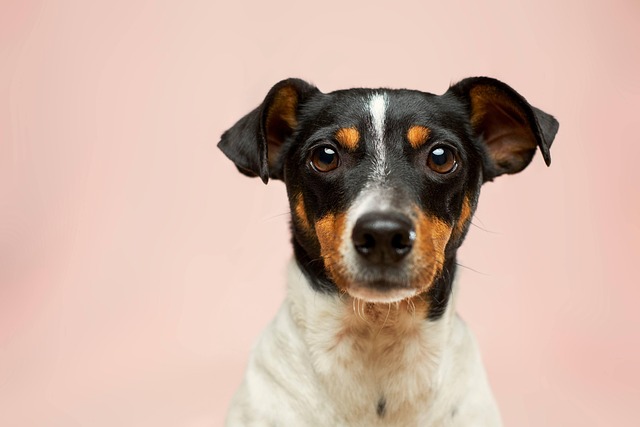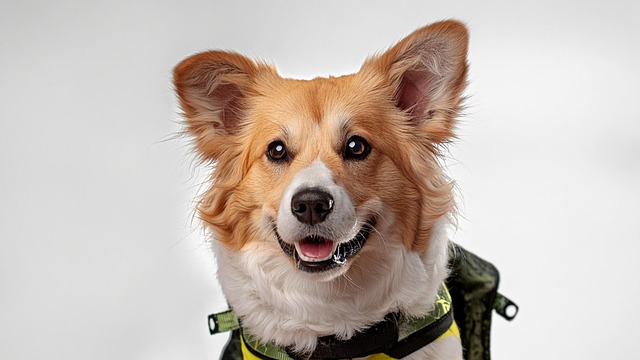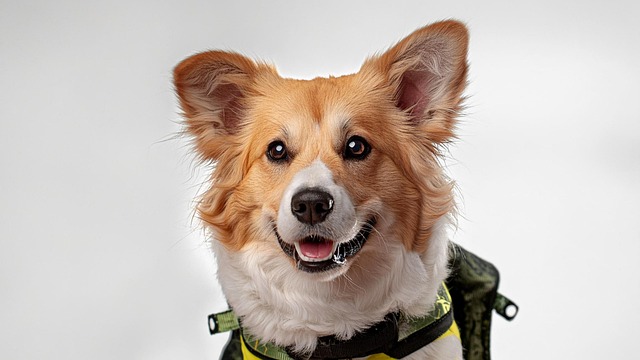Finding a pool of yellowish liquid on the kitchen floor—your dog’s telltale sign of vomiting bile—stirs a mix of worry and confusion. That bitter fluid, churned up when their stomach is empty, leaves them licking their lips and acting listless. The first thought? Should you offer water to soothe their upset?
The short answer: not right away. Letting their stomach settle for 1 to 2 hours after vomiting bile helps prevent more retching. A friend’s Cocker Spaniel once drank too soon after throwing up bile, only to vomit again—making the whole episode worse. Their stomach needs a break from any stimulation, liquid included.
Once that window passes, start with tiny sips. Use a shallow dish or a syringe (without the needle) to offer 1 to 2 teaspoons at a time, waiting 10 minutes between each. Small breeds like Pugs or Shih Tzus need even less; a Great Dane might handle a bit more, but patience is key. Think of it like sipping water after a stomach bug—gulping leads to discomfort.
 If they keep the sips down for an hour, slowly increase the amount. Still, avoid letting them chug from their bowl. Cold water can sometimes irritate, so room temperature is better. Adding a splash of low-sodium broth (no onions or garlic, which are toxic) might encourage them to drink without upsetting their tummy further.
If they keep the sips down for an hour, slowly increase the amount. Still, avoid letting them chug from their bowl. Cold water can sometimes irritate, so room temperature is better. Adding a splash of low-sodium broth (no onions or garlic, which are toxic) might encourage them to drink without upsetting their tummy further.
Watch for red flags: if they vomit again after drinking, or if the bile looks greenish, contains blood, or comes with lethargy. These could signal issues like acid reflux, intestinal blockages, or even kidney problems. In places like Australia or parts of Europe, delaying vet care for a suffering pet can breach animal welfare regulations—err on the side of caution.
Once they’re keeping water down for 4 to 6 hours, you can try a bland meal (cooked rice and chicken, as mentioned before) in small portions. But hold off on their regular food for at least 12 hours to let their system fully reset.
Bile vomiting often happens when dogs go too long without eating—common in breeds that scarf down meals then fast, like Dachshunds. Sticking to a consistent feeding schedule (two to three small meals a day for small breeds) can prevent it in the first place.
In the end, hydration matters, but timing is everything. Letting their stomach calm down first, then offering slow, small sips, helps them recover without more distress. And when in doubt, a quick call to your vet keeps both you and your pup on the safe side.

 If they keep the sips down for an hour, slowly increase the amount. Still, avoid letting them chug from their bowl. Cold water can sometimes irritate, so room temperature is better. Adding a splash of low-sodium broth (no onions or garlic, which are toxic) might encourage them to drink without upsetting their tummy further.
If they keep the sips down for an hour, slowly increase the amount. Still, avoid letting them chug from their bowl. Cold water can sometimes irritate, so room temperature is better. Adding a splash of low-sodium broth (no onions or garlic, which are toxic) might encourage them to drink without upsetting their tummy further.



